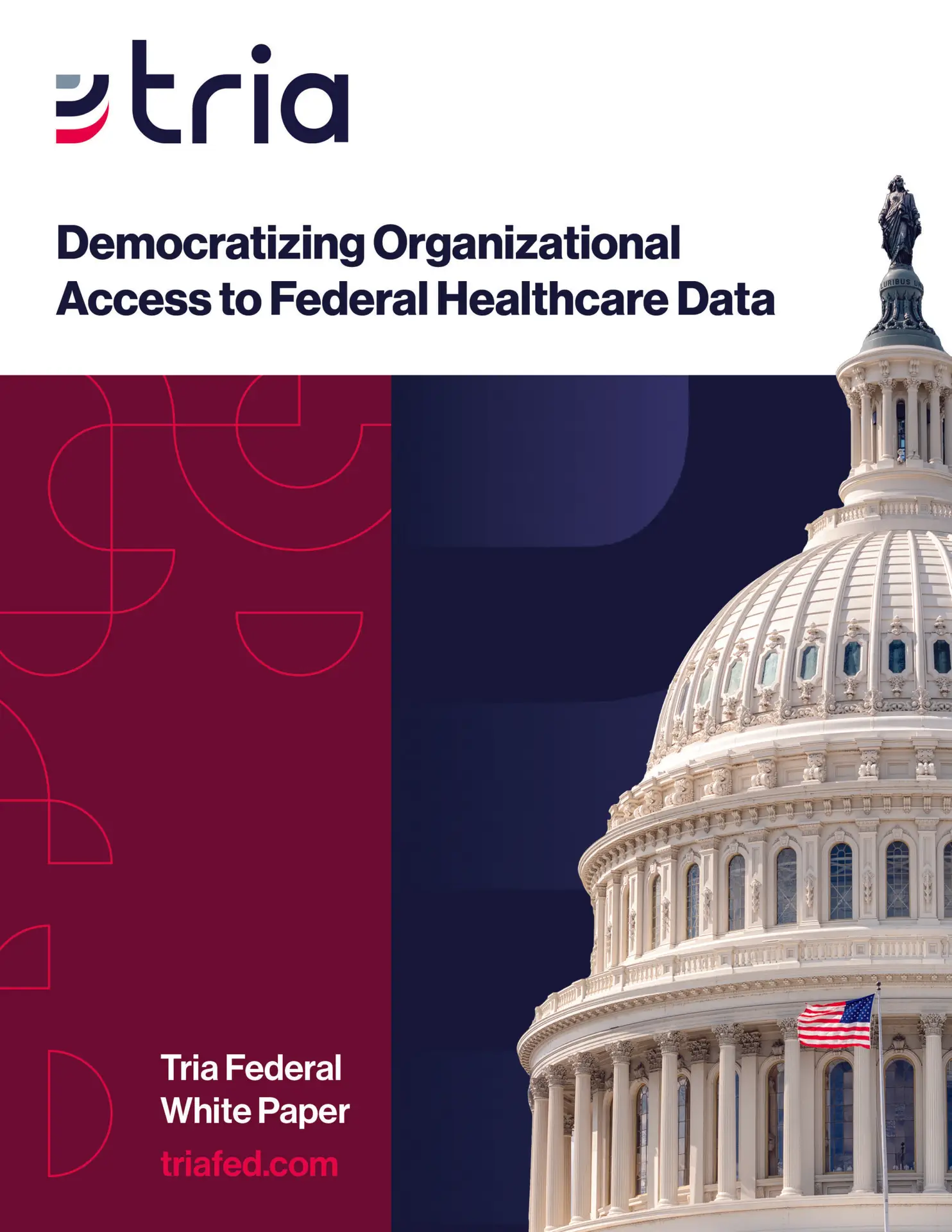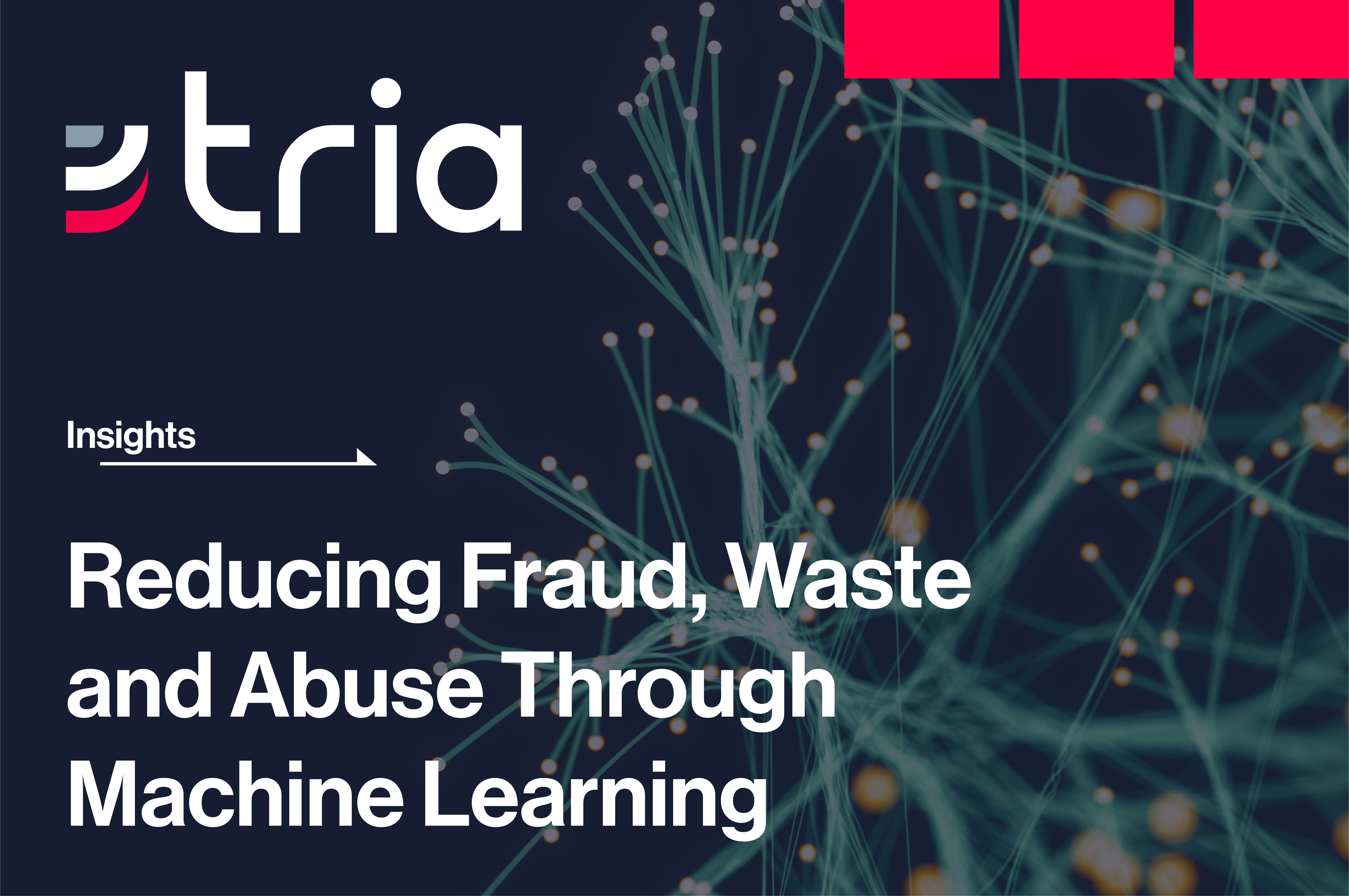The federal healthcare system stores vast volumes of data with the potential to significantly improve decision-making and patient outcomes. Yet most employees cannot access data that they could use to solve problems and increase efficiency to better achieve mission objectives.
Our new white paper, “Democratizing Organizational Access to Federal Healthcare Data,” examines a core challenge that Tria Labs is exploring: how to enable all authorized employees—not just data specialists—to extract insights from complex healthcare datasets.
Typically, accessing relational databases requires SQL expertise. And while large language models (LLMs) offer new possibilities, they struggle with ambiguity, complex joins, and the structured logic that healthcare data demands.
Our research highlights a promising alternative: graph-augmented text-to-SQL systems. With this approach, graph databases model data as interconnected entities and offer a richer understanding of relationships among patients, providers, and medical histories.
When integrated with natural language processing, these systems can translate plain English questions into precise SQL queries, dramatically improving accessibility and accuracy.
Key insights from the white paper include:
- Why LLMs and standard text-to-SQL tools fall short
- How graph databases enhance query accuracy and contextual understanding
- Practical implications for federal healthcare organizations
Using graph-augmented text-to-SQL systems, agencies can reduce administrative burden, unlock new insights, and empower more team members to contribute to data-driven decisions.
Download our white paper to learn how Tria Labs is helping federal organizations turn healthcare data into actionable intelligence.
After you’ve read the white paper, if you want to get in touch, send us a note.




